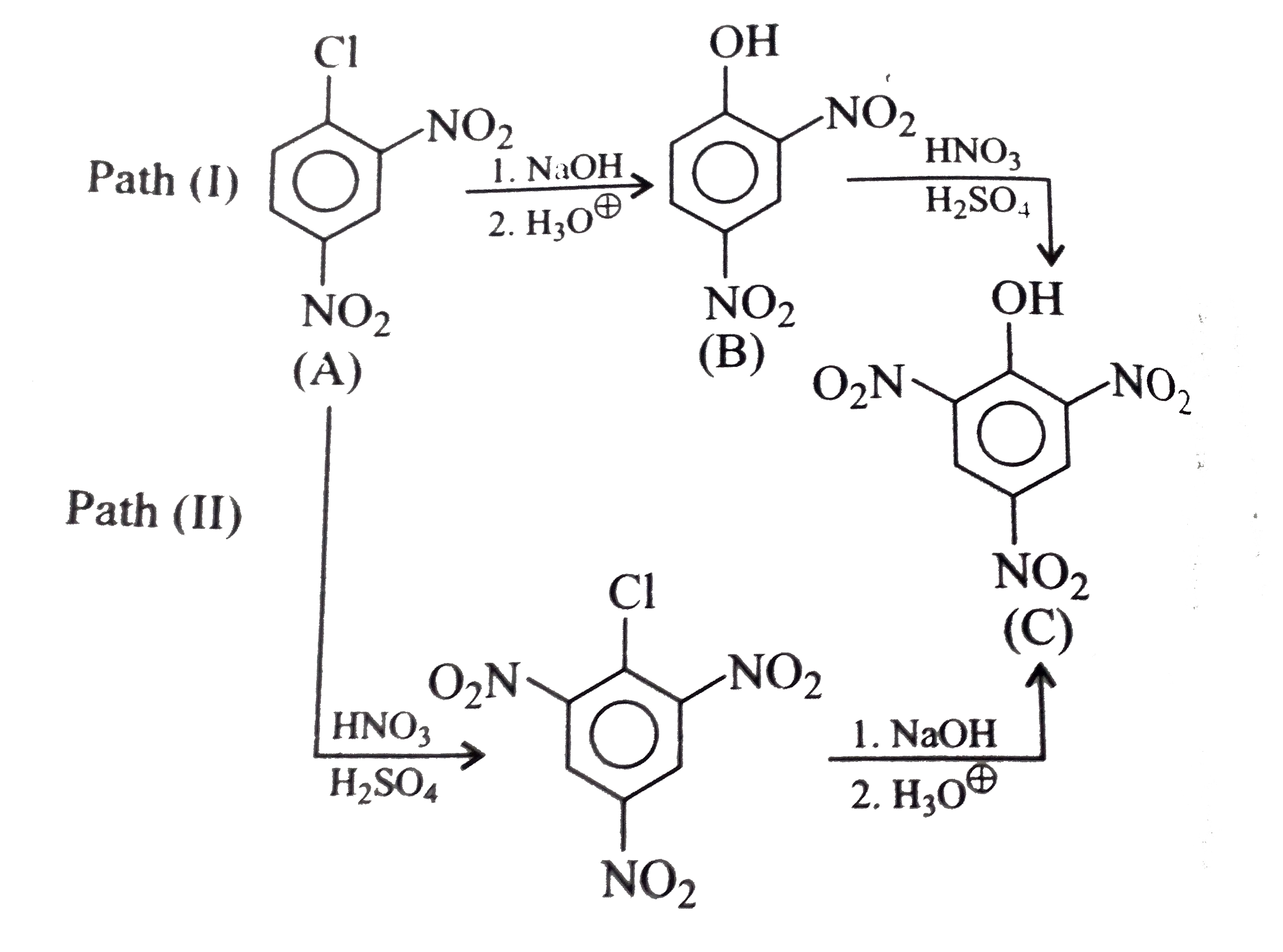Which of the following statement is not correct about order of a reaction ?
The order of a reaction can be a fractional number.
Order of a reaction is experimaentally determined quantity
The order or a reaction is always equal to the sum of the stoichiometic coefficients of reactants in the balanced chemical equaiton for a reaction.
The order of a reaction is the sum of the powers of molar concentration of the reactants in the rate law expression.
The correct Answer is:C
Topper's Solved these Questions
- CHEMICAL KINETICSBOOK - NCERT FINGERTPS ENGLISHCHAPTER - CHEMICAL KINETICSEXERCISE - ASSERTION & REASON
15 Videos
- CHEMICAL KINETICSBOOK - NCERT FINGERTPS ENGLISHCHAPTER - CHEMICAL KINETICSEXERCISE - Rate Of A Chemical Reaction
17 Videos
- CHEMICAL KINETICSBOOK - NCERT FINGERTPS ENGLISHCHAPTER - CHEMICAL KINETICSEXERCISE - Higher Order Thinking Skills
9 Videos
- BIOMOLECULESBOOK - NCERT FINGERTPS ENGLISHCHAPTER - BIOMOLECULESEXERCISE - Assertion And Reason
15 Videos
- CHEMISTRY IN EVERYDAY LIFE BOOK - NCERT FINGERTPS ENGLISHCHAPTER - CHEMISTRY IN EVERYDAY LIFE EXERCISE - NCERT Exemplar
15 Videos
Similar Questions
Knowledge Check
Which of the following statement is not correct about order of a reaction ?
AThe order of a reaction can be a fractional number.BOrder of a reaction is experimentally determined quantity.CThe order of a reaction is always equal to the sum of the stoichiometric coefficients of reactants in the balanced chemical equation for a reaction.DThe order of a reaction is the sum of the powers of molar concentration of the reactants in the rate law expression.Which of the following statements is not correct about order of a reaction ?
AThe order of a reaction can be a fractional number.BOrder of a reaction is experimentally determined quantityCOrder of a reaction is always equal to the sum of the stoichiometric coefficients of reactants in the balanced chemical equation for a reaction.DThe order of a reaction is the sum of the powers of molar concentration of the reactants in the rate law expression.Which of the following statements is not correct about order of a reaction ?
AThe order of a reaction can be a fractional number.BOrder of a reaction is experimentally determined quantityCOrder of a reaction is always equal to the sum of the stoichiometric coefficients of reactants in the balanced chemical equation for a reaction.DThe order of a reaction is the sum of the powers of molar concentration of the reactants in the rate law expression.
Which of the following statement is incorrect about order of reaction
View SolutionWhich of the following statement is/are correct about order of reaction:
View SolutionWhich of the following statements are correct about this reaction ?
View SolutionWhich of the following statements is/are correct about the following reactions ?

View SolutionWhich of the following statements is/are correct about the following reaction ?

View Solution
